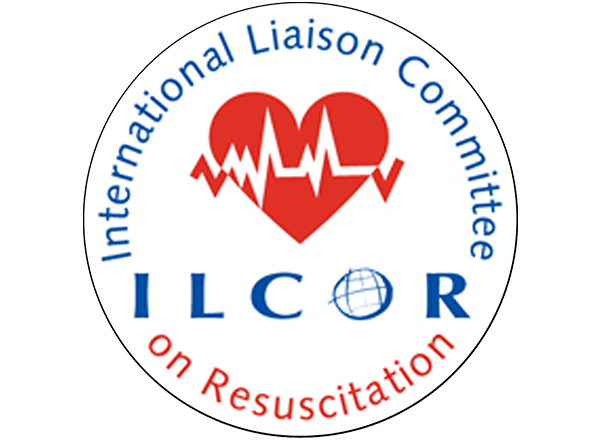A scientific statement on behalf of the International Liaison Committee on Resuscitation
Worldwide, cardiac arrest among hospitalized people of all ages is a high-risk event associated with significant disease and death. To address a growing need to improve the quality standards for responding to an in-hospital cardiac arrest (IHCA), the International Liaison Committee on Resuscitation (ILCOR) has identified 10 steps that can lead to better patient outcomes and survival. These steps can be embedded in a system of care that includes plans and preparations for IHCA, prevention of IHCA when avoidable, implementation of effective resuscitation education and training, the delivery of high-quality guidelines-based resuscitation care, and ongoing evaluation and adjustments for improvements within a culture of person-centered care.
Formed in 1992, ILCOR unites leading resuscitation organizations worldwide. Members include The American Heart Association, the European Resuscitation Council, the Heart and Stroke Foundation of Canada, the Australian and New Zealand Committee on Resuscitation, the Resuscitation Councils of Asia, the Indian Resuscitation Council Federation, and the collaborating organization, International Federation of Red Cross.
People who experience IHCA require coordinated, effective care from the start of hospital admission through discharge. Researchers hope the guidance outlined in these 10 steps can provide the framework health care institutions use to assess where there are gaps, systematically approach those gaps with evidence-based best practices, and build a community committed to transforming the care of people who experience IHCA.
The 10 Steps to improve in-hospital cardiac arrest outcomes and quality of care:
Plan and Prepare
- Build and support governance and infrastructure for a resuscitation program.
- Collect data to measure and improve resuscitation processes and outcomes.
- Implement effective education and training for resuscitation.
Prevent
- Establish patient and family goals of treatment early and reassess often.
- Stop preventable in-hospital cardiac arrest.
Perform
- Develop and deploy an effective resuscitation response system.
- Deliver guideline-based resuscitation care.
- Deliver guideline-based post-cardiac arrest care.
Principles and Culture
- Implement a person-centered culture of excellence in care.
- Ensure the well-being of health care professionals.
See the full statement for more in-depth detail of how these steps can be implemented.








